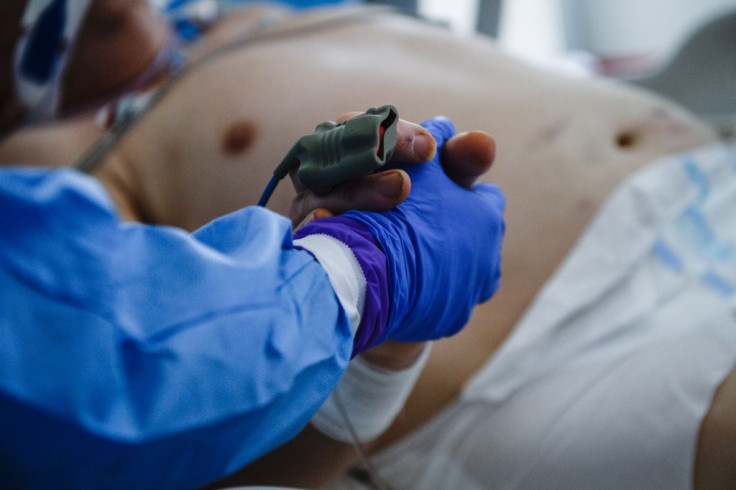The Rate Of COVID-19 Reinfection Is Expected To Increase In Post-Pandemic Era

COVID-19 infection is no longer a public health emergency, with the World Health Organization (WHO) announcing earlier this month that the pandemic was finally over after three years.
Even during the pandemic, many people have complained about getting reinfected with SARS-CoV-2. But the issue was never put in the spotlight since the total number of repeat cases appeared to be not alarming.
Based on the latest available data from various countries, the rates of reinfection range from 5% to 15%. They may seem negligible for now, but the proportion is expected to increase as time passes, according to a report published in the journal Nature last month.
With this, many seemed worried about the severity of a repeat infection and the lasting changes or damage it could cause to the immune system and the body as a whole.
Researchers have conducted studies to understand how reinfection occurs and whether a repeat case could yield a more severe infection. According to the report, there is reason to believe that people who previously battled a serious COVID-19 illness are likely to suffer a similar type of experience when reinfected.
Contrariwise, studies have found that people who only experienced mild symptoms after contracting SARS-CoV-2 for the first time are also likely to have a mild subsequent infection. Scientists have also observed that reinfections tend to be less risky than the initial case.
Another study published in January analyzed the data from the National COVID Cohort Collaborative in the United States and found that severe repeat infection was much more common in patients who battled a severe first infection. Around 30% of people who had to be put on a ventilator on their first infection ended up returning to the hospital after getting reinfected.
It is highly impossible for anyone to avoid getting reinfected especially in the post-pandemic era when the remaining COVID restrictions are no more. But infectious disease expert Preeti Malani warned, "Getting COVID a second or third time isn't good for anyone."
Experts say there is a risk that even if one did not develop long COVID after their first infection, they could get the lingering condition after their second or third reinfection. Hence, they strongly encourage taking precautions even though the COVID-19 pandemic is already declared over.



























